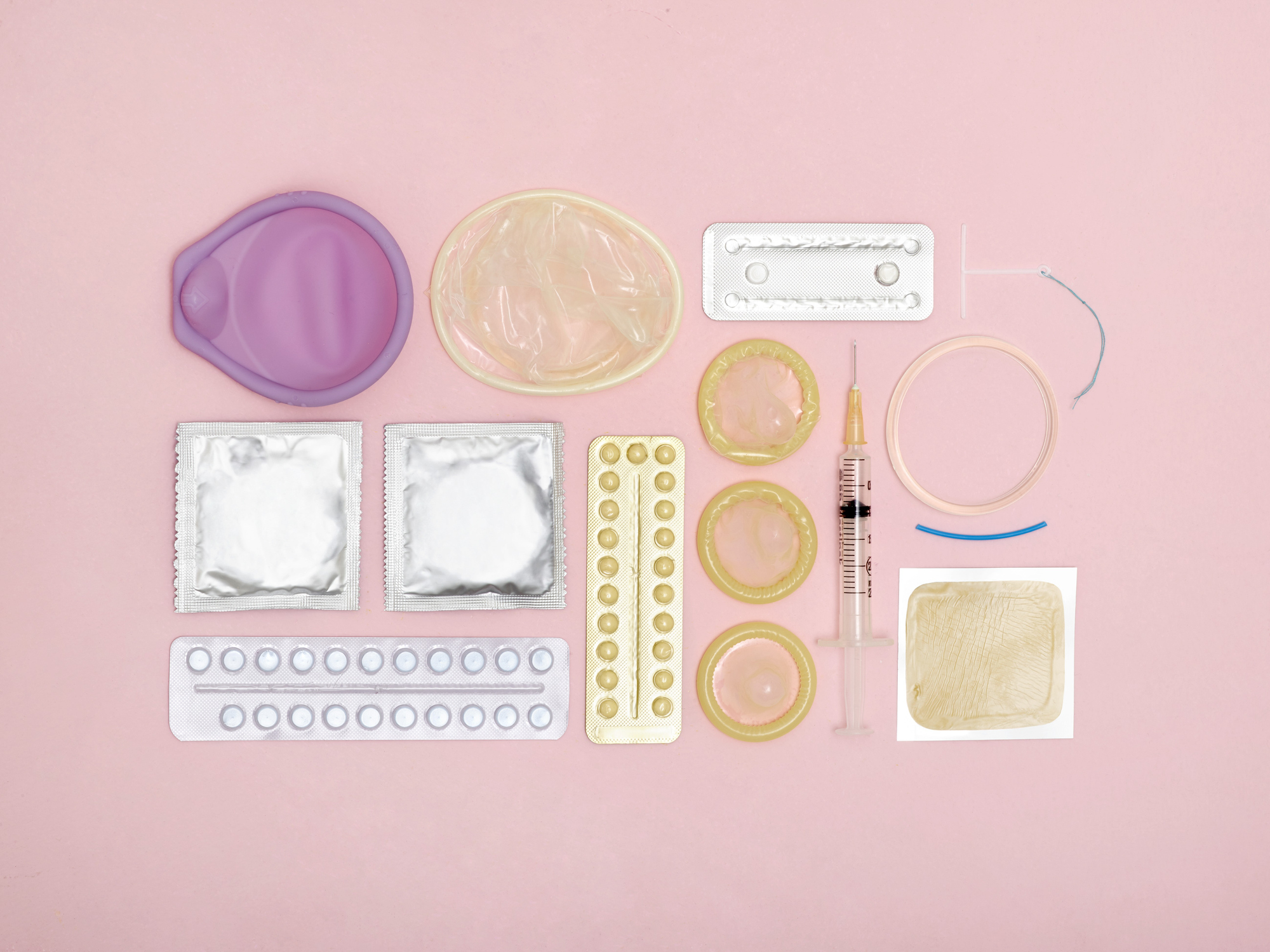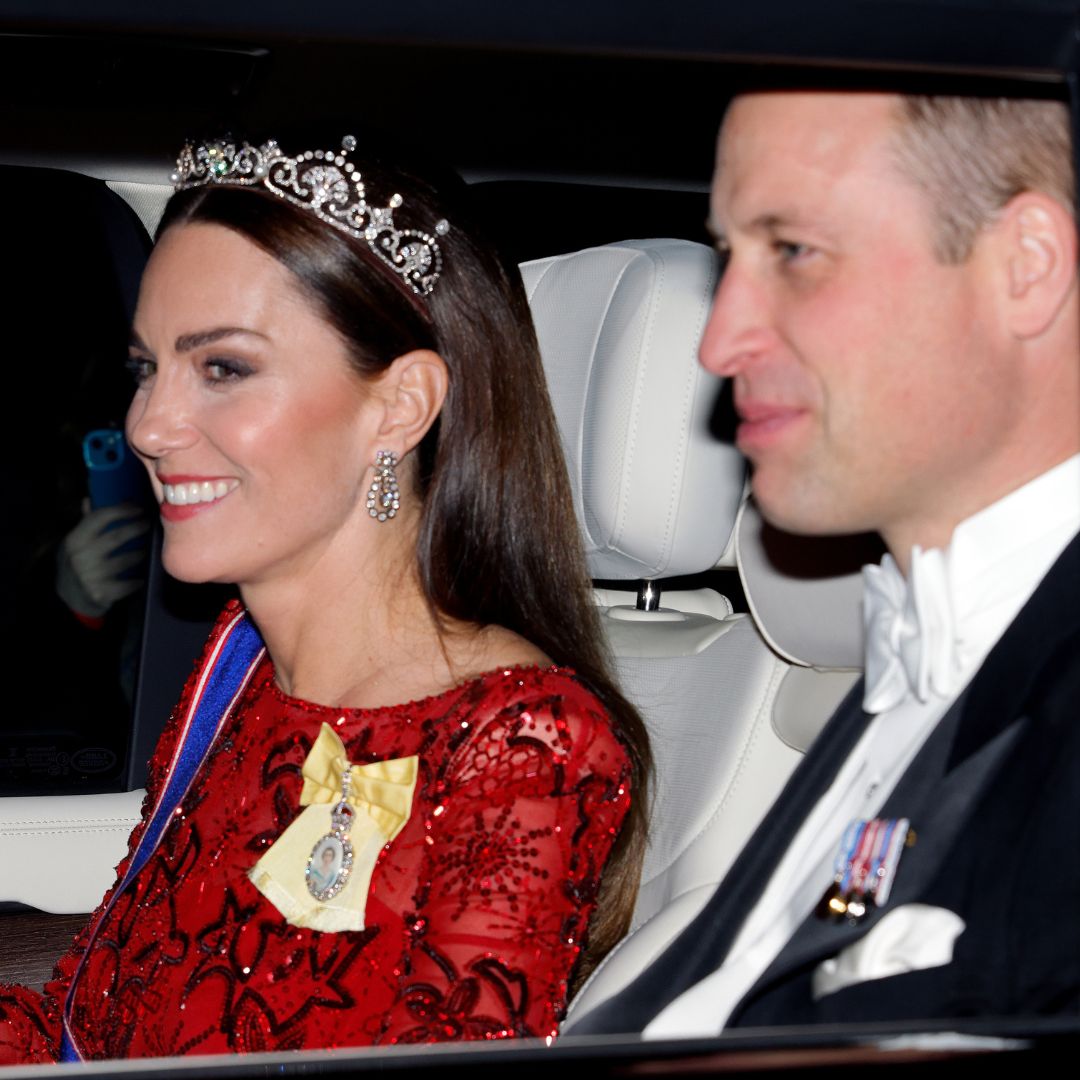You've heard the rumours: here's everything you need to know about the vaccine, the pill and blood clots
Expert advice.

Expert advice.
It's been doing the rounds this week that your risk of developing a blood clot from birth control pill is significantly higher than your chances of developing a blood clot from the AstraZeneca or Johnson & Johnson COVID vaccines.
Many women are understandably questioning why there's so much press coverage and concern about the jab causing blood clots when it doesn't seem there's ever been much about female contraception doing the same - if not worse.
For context, as of the 31st March, 20.2 million doses of the COVID-19 Vaccine AstraZeneca had been given in the UK and there were 79 reported cases of blood clots. The contraceptive pill, on the other hand, causes between 500 and 1,200 blood clots in every million who take it - roughly 156 times as much.
We've enlisted the help of two medical experts to put into context your risk of blood clots on both the contraceptive pill and the vaccine. Keep reading for everything you need to know - including whether or not you should take both.
What's the risk of blood clots on the contraceptive pill?
It depends what type of pill you're taking, according to Dr Eric Asher of COACH London. There are two main types of oral contraceptive pill - the progesterone only (POP), and combined estrogen and progestogen pill - and just like the contraceptive pill side effects vary from pill to pill, so too will your risk of blood clots.
"If you take the progesterone only pill, your risk of blood clots isn't increased," he shares. "However, a 2018 overview of published literature confirmed a small but real risk of venous thrombo-embolism, aka blood clots, on the combined pill," he explains.
Marie Claire Newsletter
Celebrity news, beauty, fashion advice, and fascinating features, delivered straight to your inbox!
According to Dr Paul Ettlinger, GP at The London General Practice, it means you're three to three and a half times more likely to develop a blood clot in the deep veins of your legs, groins or arms. "Evidence from observational studies shows the current pills cause a three to three and a half fold increase in venous thromboembolism (VTE) risk," he explains.
Risk of other forms of blood clot, like arterial thromboembolism, a type of blood clot in your artery, are 'very low', but 'increase with age', the doctor shares.
How many women develop blood clots as a result of taking the pill in the UK?
Good question - and stats that are worth knowing. "The estimated annual risk of death due to thrombosis associated with older combined pills is two in a million," explains doctor Ettlinger. And the risk from newer generation pills? Four in a million.
"To put that into perspective, the risk of death from an accident at home is 30 to a million, playing football is 40 to a million, driving a car is 80 to a million and smoking over the age of 35 years is 1,670 to a million, according to stats from Contraception Today," he explains.
So really, he doesn't think there's a massive risk or anything to worry about, unless you have a family history of blood clots. Then it's definitely worth discussing your contraceptive choice with your doctor.
Is the risk from the pill higher than AstraZeneca?
As the stats above highlight, yes.
"The contraceptive pill, which is taken by millions of women, does pose a greater risk of blood clots than the vaccine," the doctor shares. "There is currently no causal evidence that the vaccine increases your risk."
The AstraZeneca vaccine at the time of publication is said to pose a risk of blood clots for four people in every million. "The reported risk from AstraZeneca (AZ) in a recent Norwegian review showed a prevalence of 5 in 130,000 injected ie 0. 0.004%. It's low, unless you are the unlucky one," doctor Asher expands.
What other risks are to be considered when taking the contraceptive pill?
Healthy women can safely take the contraceptive pill, both doctors reassure, but as with any medicine, there can be risks associated with it. Known side effects can include:
- A small risk of breast cancer (which reduces after stopping)
- A small risk of cervical cancer (again reduces after stopping)
- Mood change
- Headaches
- Nausea
- Dizziness
- Irregular bleeding.
However, there are also a number of benefits of taking the contraceptive pill. doctor Ettlinger highlights. "Think lighter and more regular periods, improvement in acne and management of symptoms of polycystic ovary syndrome and endometriosis," he shares. Not to mention the obvious - protection from unwanted pregnancy.
A doctor's advice on the pill and blood clots
If you have a family history of blood clots and are considering going on the pill, doctor Asher has two words for you: "just don't", he shares. Although, as highlighted above, they both share that the progesterone only pill will be fine.
Similarly, with current evidence, neither discourage getting the vaccine - far from it. Both confirm that, at current, there is no real evidence to suggest the AstraZeneca vaccine poses a high risk of blood clot development.
Do chat with your doctor if you have any concerns at all - after all, that is what they are there for, and they'll be able to help guide you if you are unsure on which form of contraception to go with - think the new Ballerine IUB, coil, inplant and more.

Ally Head is Marie Claire UK's Senior Health and Sustainability Editor, nine-time marathoner, and Boston Qualifying runner. Day-to-day, she heads up all strategy for her pillars, working across commissioning, features, and e-commerce, reporting on the latest health updates, writing the must-read wellness content, and rounding up the genuinely sustainable and squat-proof gym leggings worth *adding to basket*. She also spearheads the brand's annual Women in Sport covers, interviewing and shooting the likes of Mary Earps, Millie Bright, Daryll Neita, and Lavaia Nielsen. She's won a BSME for her sustainability work, regularly hosts panels and presents for events like the Sustainability Awards, and is a stickler for a strong stat, too, seeing over nine million total impressions on the January 2023 Wellness Issue she oversaw. Follow Ally on Instagram for more or get in touch.


